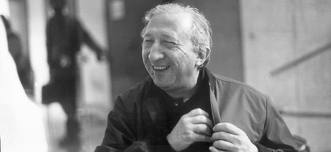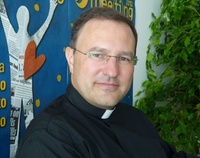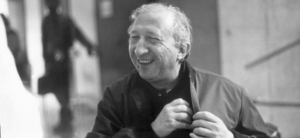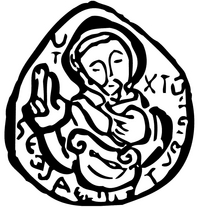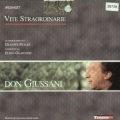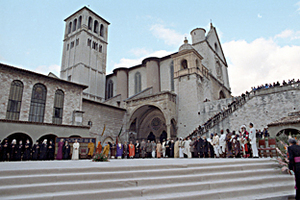The President of the Fraternity of Communion and Liberation,
Father Carrón's, said the following in tribute to Carlo Maria Cardinal Martini in a September 4th editorial in Corriere della Sera:
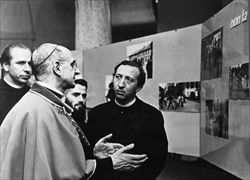
"And like Archbishop Montini, who initially confessed that he did not understand
Fr. Giussani's method, though he did see its fruits, Cardinal Martini also
encouraged us to go forward. I am still moved by the words that he addressed to
Fr. Giussani in 1995, during a meeting of priests, when he thanked 'the Lord,
who gave Msgr. Giussani this gift for continually re-expressing the core of
Christianity. 'Every time that you talk, you always return to this core, which
is the Incarnation, and - in a thousand different ways - you propose it again.'"
The full text of the editorial: Julian Carron Letter on Carlo Martini's death.pdf
This text is a brief, honest and yet key reflection not only on the life and influence of Cardinal Martini, perhaps an excellent synthesis of Christian life and how it is extroverted in a human being. There are some very tiresome reviews of who the Cardinal was, and what he meant to the Church too often in political language. To my mind those authors who evaluate a man such as Martini in this manner does not abide with the Gospel and faith.
The letter of Father Carrón acknowledges the fact that Communion and Liberation has significantly neglected the various opportunities of collaboration with Cardinal Martini that presented themselves over the years. This admission to members of CL should help all of us to reassess how we live and breathe in our given ecclesial context. This is a serious point that we can't pass off to circumstance. That is to say, we who claim to be faithful members of CL need to work more diligently with the Diocesan Ordinary "in giving reasons for our hope" in concrete ways so that we are witnesses as the Servant of God Pope Paul VI said (cf. the letter).


